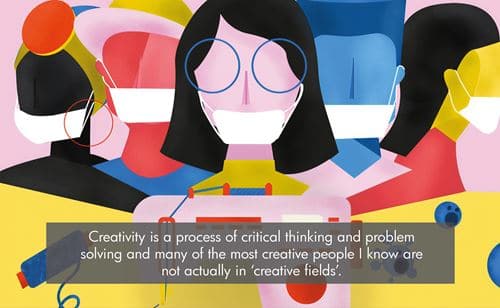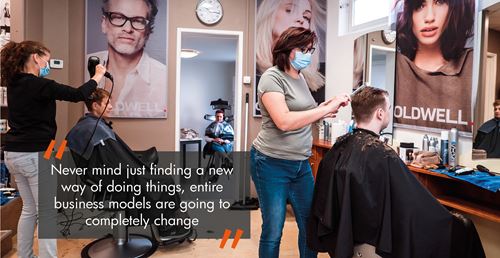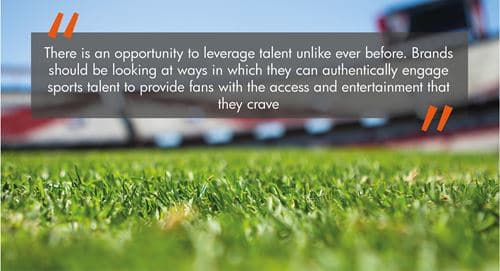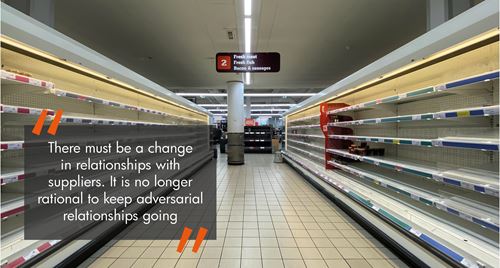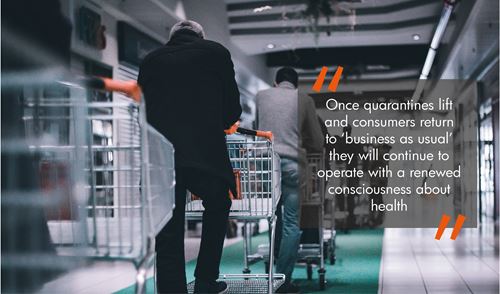Journal of Strategic Marketing Newsletter – June 2020
Journal of Strategic Marketing Newsletter – June 2020
Reebok and CrossFit no longer a couplet
Reebok has ended its association with CrossFit after the latter’s founder, Greg Glassman, tweeted a response to the Institute for Health Metrics and Evaluation’s comment that racism was a public health issue. Glassman replied, “It’s FLOYD-19” in reference to the coronavirus pandemic and the killing of George Floyd by police in Minneapolis. Reebok was unimpressed. “Recently, we have been in discussions regarding a new agreement, however, in light of recent events, we have made the decision to end our partnership with CrossFit HQ,” it said in a statement to The Morning Chalk Up.
Coca-Cola puts acquisitions on hold to invest in its business
Coca-Cola will be concentrating on ecommerce and innovation as part of its post-coronavirus response. The company’s chief financial officer, John Murphy, told the recent RBC Capital Markets global consumer and retail conference that emerging stronger and staying true to the company’s overall purpose were guiding some of its decisions. He said investing in the business was the number one priority, while the mergers and acquisitions side was now a “lower priority”. Coca-Cola, before the pandemic, was looking into diversifying its portfolio. Murphy said it was vital Coca-Cola’s brand “become as good in the online shelf as we are in the offline shelf”.
Time to look beyond the ‘cult of the CMO’
A new study from the World Federation of Advertisers (WFA) has revealed the role of chief marketing officer is still necessary, but that it ought to come with major changes. It said there was a need to “look beyond the cult of the CMO as the person with ultimate wisdom in all the complex areas that now affect the role”. Team capabilities, and the softer skills needed to effectively lead a team, are increasingly critical for CMOs, the report says. The CMO’s responsibilities range across nine distinct areas from marketing strategy (79%) through to data ethics (34%), business growth (58%) through to sustainability (37%).
Many of these areas are expected to become increasingly important during the next five years, with 80% of respondents citing sustainability, 77% the need to manage digital martech and platforms, and 74% the role of data ethics.
Travel Tractions saves 18 youth jobs by launching affordable marketing agency
A small South African business, Travel Tractions, has turned the stress of the struggling travel industry into an opportunity by launching an online marketing business, saving the jobs of up to 18 young people under the age of 30. Founder Matt Davison launched The Marketing Mill in response to COVID-19, ensuring that his staff of 18 keep their jobs during a very difficult time. The agency will market the affordability of South African work and the high level of quality that is produced.
IMM Graduate School now accredited skills development provider to CGISA
The IMM Graduate School is now an accredited skills development provider for the Chartered Governance Institute of Southern Africa (CGISA). As the only provider of online instruction and learning support for CGISA programmes, the IMM Graduate School offers students 13 weeks of tutorial sessions, once a week for two hours, with tutors who are experts in their field and who have a wealth of industry experience to share. They also help students keep pace with the learning content, which can often be a problem when facing work, home, and study responsibilities. During these online sessions, students will be able to collaborate with other students; bounce their understanding of concepts off each other, see varied perspectives on the module content, and learn from each other. To register and find out more, click here.
